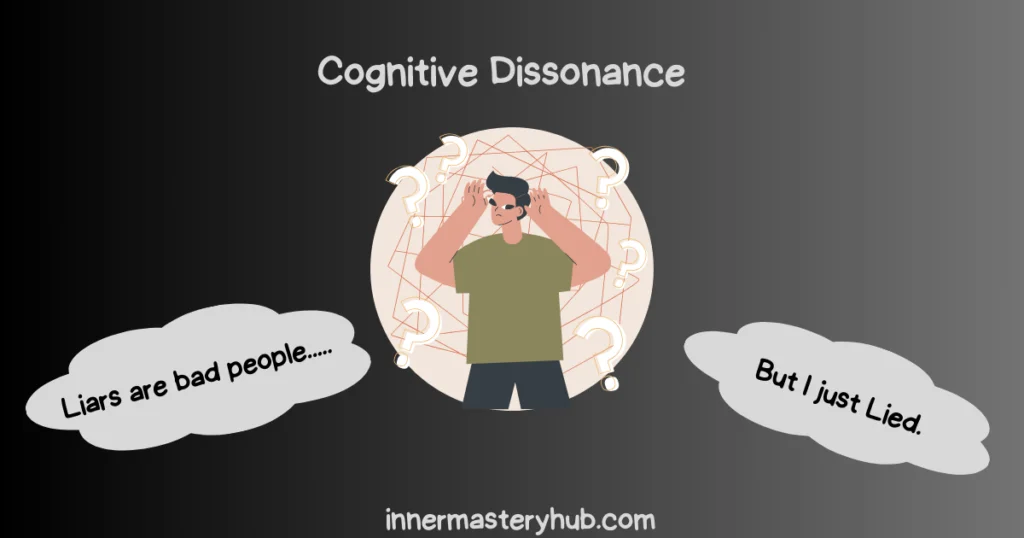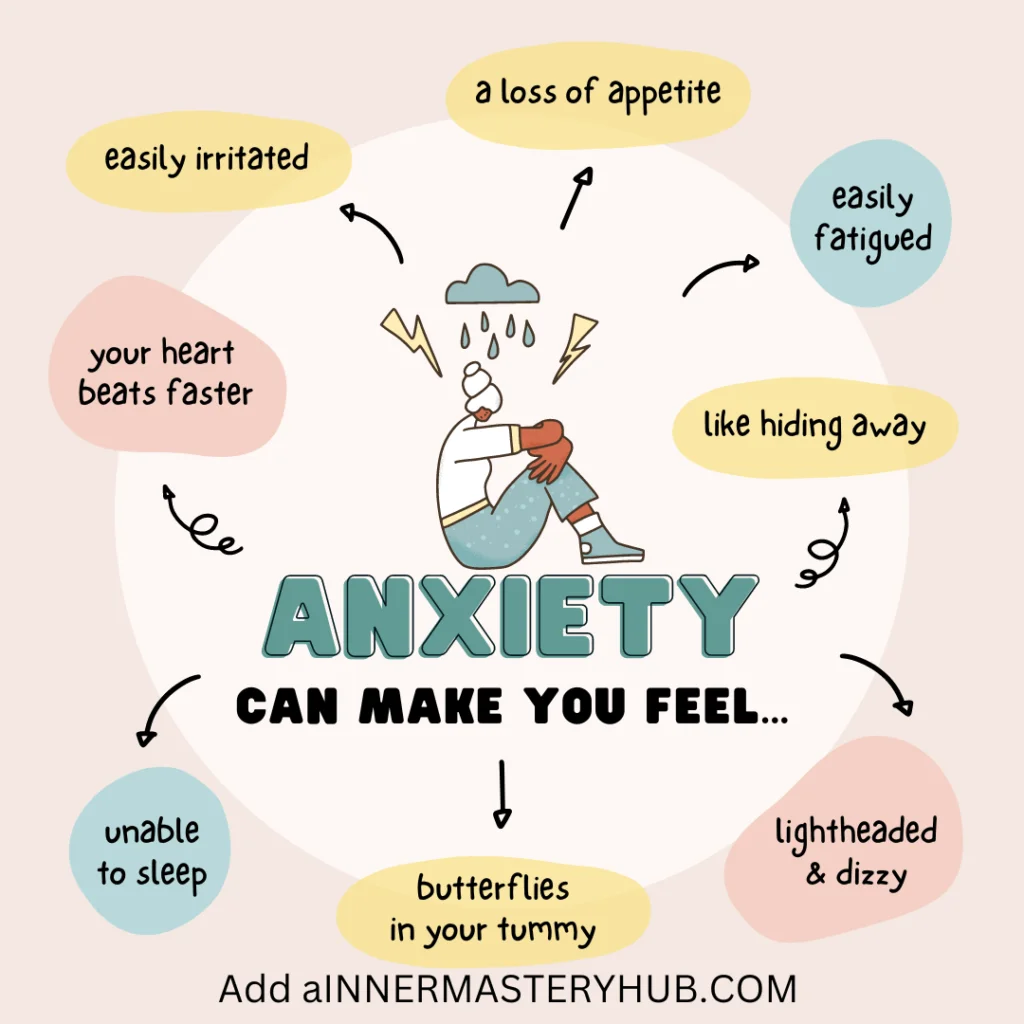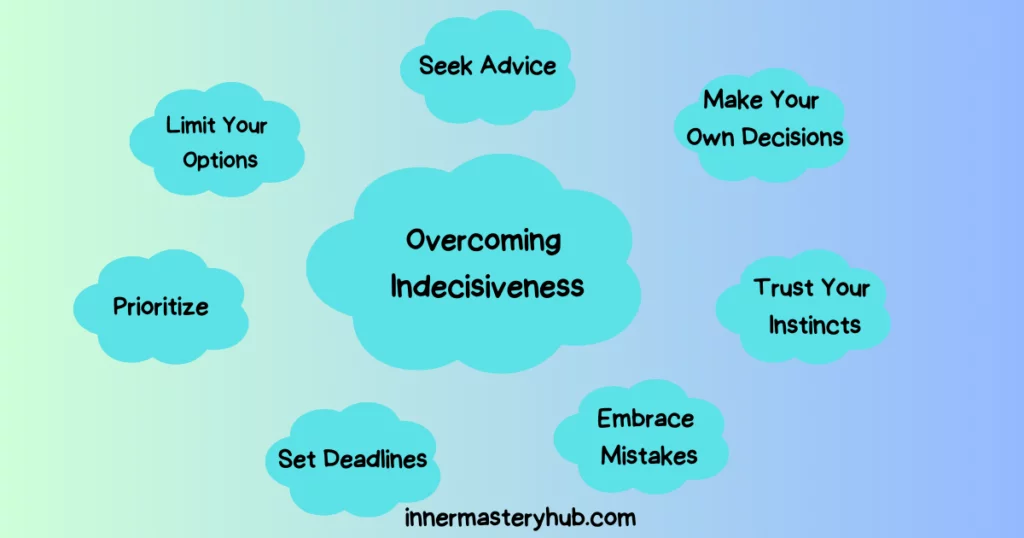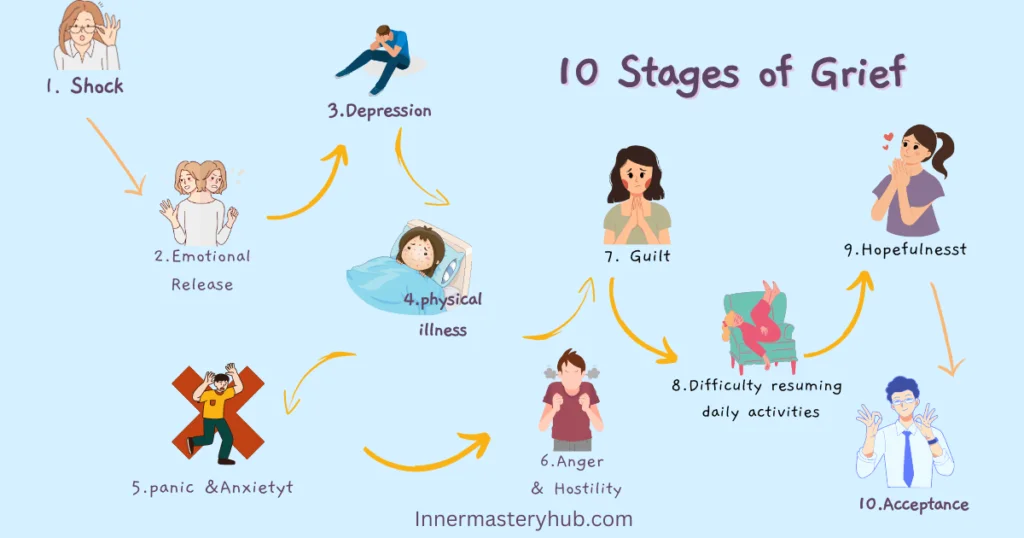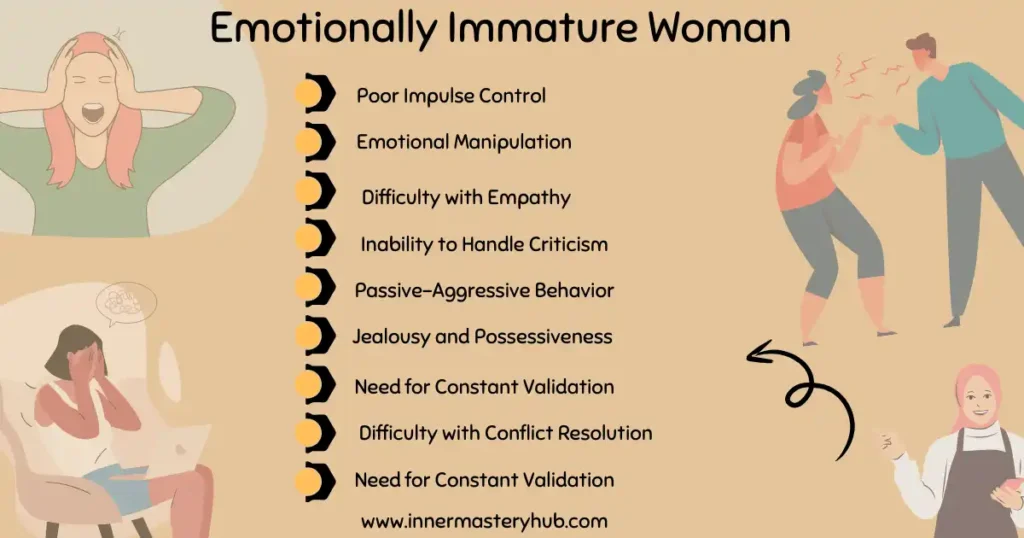
Managing a relationship with an emotionally immature woman can be challenging and perplexing. The American Psychological Association defines emotional immaturity as the propensity to exhibit overwhelming emotions or inappropriate behaviors.
You will gain a better understanding of the challenges of dating an emotionally immature lady by reading this article. Emotional immaturity can lead to problems with communication, social relationships, and emotional expression, which can be extremely stressful for a relationship.
Here, we analyze 17 blatant signs of emotional immaturity in women and guide how to respond to them. We’ll examine these patterns and find methods for strengthening our relationship.
Table of Contents
Why do women tend to behave emotionally Immature?
You may be wondering why certain ladies overreact in such immature behavior. The response to this frequently asked question is more complicated than you imagine. Together, let’s dissect it.
First, everyone’s level of emotional maturity develops at a different pace. Some people’s environments may not have nurtured or taught effective emotional regulation, especially women, especially when they get angry.
A woman might not have learned how to manage her emotions in a balanced way if, for example, she was raised in a home where her family members showed signs of explosive emotions.
Research indicates that our early environment substantially impacts our emotional landscape, so this is not just a hypothesis.
Stress also has a significant impact. Imagine a woman managing her duties and a demanding job simultaneously. The daily strain of such a profession can easily cause such woman to lose their cool or behave disproportionately.
Research on the effects of stress on emotional reactions and how it can result in less mature behavior is frequently presented, such as at the annual meetings of the American Psychological Association.
We shouldn’t overlook past trauma, either. According to a Journal of Behavioral Science case study, people who have had severe emotional traumas may act as immature people or display juvenile behaviors. Often, these protection mechanisms have not been modified for safer surroundings.
Finally, cultural norms also affect. Many communities teach women to be submissive, which may hinder forceful communication and emotional stamina.
The Journal of Social Psychology found that women may show signs of emotional immaturity and have uncontrollable outbursts when social conventions require them to repress their feelings.
We can promote growth by encouraging open conversations about emotions or offering stress and trauma management services. Let’s keep talking and assist each other to become our best emotions.
10 Obvious Signs of an Emotionally Immature Woman
While focusing on emotional maturity is essential for healthy relationships, it’s good practice to avoid labeling people primarily based on gender. Instead, let’s explore 17 signs of an Emotionally immature woman that can show up in anyone:
1. Poor Impulse Control
Have you ever felt like you just said something and immediately wished you could rewind?
Recall the moment you were agitated while working on a group project. Everyone was exchanging ideas, and you felt humiliated if yours weren’t chosen.
You expressed your concerns calmly but reacted angrily, making the situation extremely awkward. Emotional maturity is taking a deep breath, acknowledging your emotions (oh, that hurts!), and letting them out constructively.
Don’t worry, girl! We can work on this together. We’ll explore some tips to tame that impulsive attitude.
Solution
- Take a time out, repress the feeling to react? Step away, breathe, and count to ten.
- Before you leap, ask yourself, “Is this the best reaction? What will happen next?”
- Identify your triggers; what situations make you want to lash out? Avoid them or have a plan.
- Express yourself calmly; once you’ve calmed down, communicate your feelings.
- Forgive yourself, learn, and grow; everyone makes mistakes. Reflect, learn, and move forward.
Subscribe to our newsletter!
2. Difficulty with Conflict Resolution
Managing an emotionally immature person may be quite draining, especially when there is conflict. Recall a time when you attempted to discuss a misunderstanding with your friend in private.
She shut down and began accusing you instead of listening, and the entire situation devolved into a blame game. I hate it! Empathy, open communication, and a readiness to make concessions are all necessary for constructive dispute resolution. Talking to a lady who lacks emotional maturity is like attempting to herd kittens.
Rest assured that we will teach you how to be heard without the drama!
Solution
- Not every issue needs a fight. Is it worth the stress, or can you let it go?
- Take a breath, then express your feelings without accusation.
- Learn to disagree with dignity. Hear their perspective, even if you disagree.
- That’s not about your ego. Work together to find a solution that works for everyone.
- But Sometimes compromise isn’t possible. Respect their opinion, and move on.
3. Unrealistic Expectations
Ever feel like everyone else’s life is a fairytale and yours is stuck on repeat? Maybe you expect your partner to read your mind or your boss to give you a promotion every month. Dealing with an emotionally immature woman can mislead you into some seriously unrealistic expectations, and they’re setting you up for disappointment.
Recall that time you planned a romantic weekend getaway with your partner. You envisioned candlelit dinners and walks on the beach, but instead, they spent most of the time glued to their phone. Ugh! See, unrealistic expectations can lead to significant frustration. But there is a healthy way to deal with them.
Solution
- Reality check: be honest with yourself. Are your expectations fair and achievable?
- Communicate clearly, talk to people about what you want, not what you think they should do.
- Focus on the good things, even the little victories.
- Be flexible; things sometimes go differently than you plan. Be open to adjustments.
- Appreciate what you have instead of dwelling on what you don’t.
4. Jealousy and Possessiveness
In a romantic relationship, specifically when dealing with an emotionally immature woman, you might blow up over harmless interactions by constantly checking your phone or getting unreasonably suspicious. They can’t stand the idea of anyone else having your attention.
Never forget that moment. Does that sound familiar? It’s possible that after you praised a colleague’s attire, your partner ignored you for the remainder of the day. Or maybe you had a nice night out planned with your pals, but your partner guilt-tripped you into staying home instead.
Solution
- Trust is the foundation; a strong relationship is built on trust, not suspicion. Believe in yourself and your partner.
- Be genuinely happy for their successes; their happiness doesn’t diminish yours.
- Focus on your journey, pursue your passions and interests, and don’t let your world revolve solely around them. Learn to develop yourself first by working on your issues.
- Communicate your insecurities openly and honestly, but avoid accusations.
- Both closeness and independence are essential. Give each other space to breathe.
5. Passive-Aggressive Behavior
An immature woman may not always express her emotions honestly. Rather, she may utilize passive-aggressive tactics, which will leave you perplexed and angry.
When someone is passive-aggressive, they attack indirectly. She might play the victim, make hurtful remarks that pass for compliments, or neglect you. This is her way of asking you to read her thoughts and figure out what signals she is trying to convey.
Solution
- Instead of playing detective, call it out calmly. To put it another way, “You seem upset. Please let me know what’s upsetting you.
- Keep your statements “I” oriented and use precise language to convey your emotions, such as “I feel hurt when you give me the silent treatment.”
- Inform her of the type of communication you anticipate in a healthy relationship to establish limits.
- To educate her to control her emotions, don’t encourage misbehavior, or give in to her manipulating techniques.
- Consult a professional (if necessary); if the conduct is severe, think about couples therapy to improve communication.

6. Difficulty with Empathy
It’s difficult to put yourself in other people’s shoes. However, an emotionally detached and emotionally immature woman may find it almost impossible. Consequently, she may find it difficult to empathize with or comprehend the emotions of others.
She may utter hurtful remarks or completely disregard the feelings of others. She seems to be experiencing emotions differently.
Recall that moment? Ever feel ignored? Perhaps you told her about a difficult day at work, and she simply shrugged and told you to go on. Or perhaps you were thrilled to break some excellent news, but she gave you a dismissive and indifferent response. You felt very alone, invisible, and unheard.
Solution
- Tell her how her behavior affects you, for example, “I feel hurt when you dismiss my feelings.”
- Encourage her to elaborate on her feelings and thoughts by asking open-ended questions, such as “Can you tell me more about why you feel that way?”
- First and foremost, set an example of emotional maturity by demonstrating empathy in your behavior, paying attention, and acknowledging her emotions.
- Empathy requires time and work to develop. Have patience and be reliable.
- If the lack of empathy is extreme, think about getting professional assistance.
7. Need for Constant Validation
An emotionally immature woman might crave endless validation, fishing for compliments and needing constant approval.
She might constantly seek praise for even minor things, get super insecure if you don’t shower her with compliments, or feel down if her social media posts don’t get enough likes. It’s like her self-worth depends on other people’s opinions.
Find validation within to build a strong sense of self-worth!
Solution
- Celebrate your talents and accomplishments, no matter how minor, to keep your attention on your strengths.
- Self-care is crucial, so engage in activities that remind you of your awesomeness, increase your confidence, and make you feel wonderful.
- Be in the company of upbeat people and encouraging friends who will celebrate your uniqueness and encourage you.
- Establish sensible limits and don’t feel pressured to reassure her all the time.
While some might mistake this constant need for validation for attention-seeking, it’s often rooted in a more profound struggle with a tendency to express emotions without restraint or disproportionately. This can leave them feeling insecure and reliant on external approval for security.
8. Inability to Handle Criticism
Have you ever felt that criticism cuts more profound than paper cuts? An emotionally immature woman might struggle with constructive feedback due to poor emotional development in her childhood.
She might take even the most gentle suggestions personally. Instead of seeing them as a chance to improve, she gets defensive, shuts down, or throws a mini tantrum. It’s like criticism is her emotional kryptonite.
Have you ever tried to offer a helpful tip that backfired spectacularly? Maybe you suggested a different outfit for her presentation, and she accused you of trying to sabotage her. Or perhaps you gave her feedback on a project, and she got super defensive and refused to listen. Constructive criticism shouldn’t feel like walking on eggshells.
But to grow, you need to get ready to see criticism as a chance to learn.
Solution
- Spend time calming yourself and gathering your thoughts before responding.
- To grasp the other person’s point of view, concentrate on the “why” underlying the criticism and offer clarifying questions.
- Not everything is about you, so keep criticism and personal assaults apart. Attempt to view the comments with objectivity.
- Express gratitude to them for being honest and your appreciation for their want to help you get well.
- Make use of the criticism to improve yourself and your abilities.
9. Lack of Emotional Intelligence
It is difficult to comprehend and control a woman who is emotionally immature because she struggles with emotional intelligence (EQ), much alone your own sentiments.
Numerous symptoms can indicate low EQ. She may have difficulty empathizing, have difficulty calming down when angry, or unknowingly blurt out nasty comments. She seems to have a heightened emotional sensitivity.
Her inappropriate quip may have made you feel worse if you were having a rough day. Instead of attempting to understand your point of view, she might have shut down the conversation entirely when you disagreed. Managing low EQ can be annoying.
Solution
- Avoid using derogatory words or calling names, but be open and honest about how you feel.
- Listen intently, demonstrate empathy, and healthily communicate your feelings.
- One essential element of emotional control is reflection. Offer them books, articles, or counseling to assist them learn how to control their emotions and improve their EQ.
- Avoid letting your emotional outbursts get you down.
- Know that it’s acceptable to leave a situation that is emotionally taxing and take care of yourself.
10. Emotional Manipulation
An Emotionally immature woman might manipulate emotionally, twisting situations to get what she wants.
She may use the victim role to coerce you into doing anything, threaten to break up with you if you don’t comply, or punish you in silence. To keep her from becoming upset, you’re always on eggshells.
In severe circumstances, this deceptive behavior may indicate narcissism, a personality disorder marked by a lack of empathy and an exaggerated sense of self-importance.
Perhaps she threatened to quit the relationship if you didn’t stay at home with her, and you wanted to hang out with your pals. Or maybe you messed up and she made you feel terrible for days by giving you the silent treatment. One of the biggest sources of energy loss is emotional manipulation.
Solution
- If something feels off, it probably is. Pay attention to your intuition.
- Don’t be afraid to say “no” to unreasonable demands.
- Please don’t fall for the guilt trips by recognizing manipulation tactics, and don’t let them work on you.
- Communicate clearly by expressing your needs and expectations calmly and assertively.
- Talk to trusted friends or a therapist about what you’re going through.
Takeaway
Staying in any emotionally draining relationship can be tiring and frustrating. While you can’t control someone else’s growth, you can focus on your well-being and what you need in a healthy partnership.
Here are some resources that might be helpful;
- The Gottman Institute (https://www.gottman.com/) offers healthy communication and conflict resolution resources.
- The National Healthy Marriage Resource Center (http://www.healthymarriageinfo.org/) provides information and tools for building solid relationships.
- A licensed therapist can offer personalized guidance and support.
Remember, prioritizing your well-being is crucial. If the relationship becomes emotionally unhealthy, consider taking a step back or seeking professional guidance to navigate the situation.

